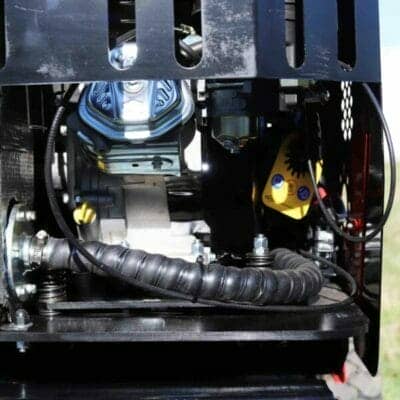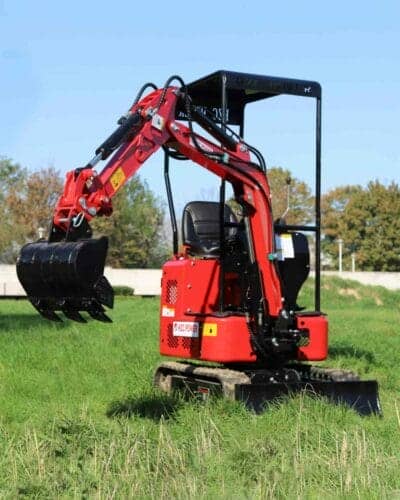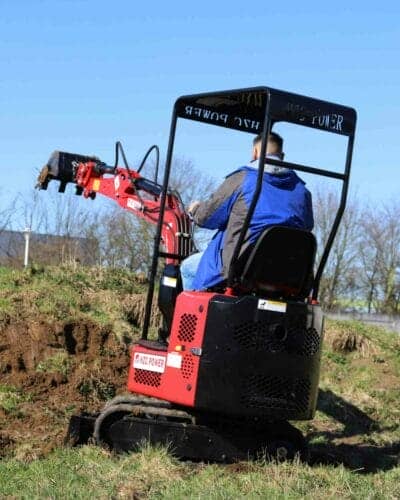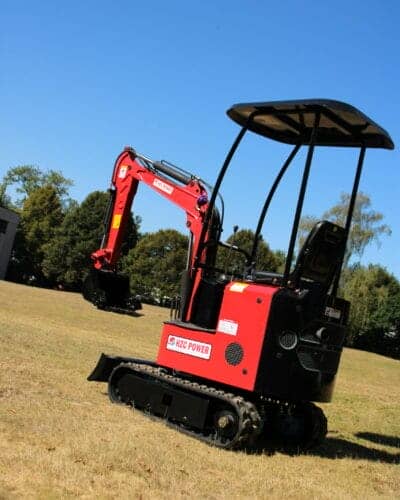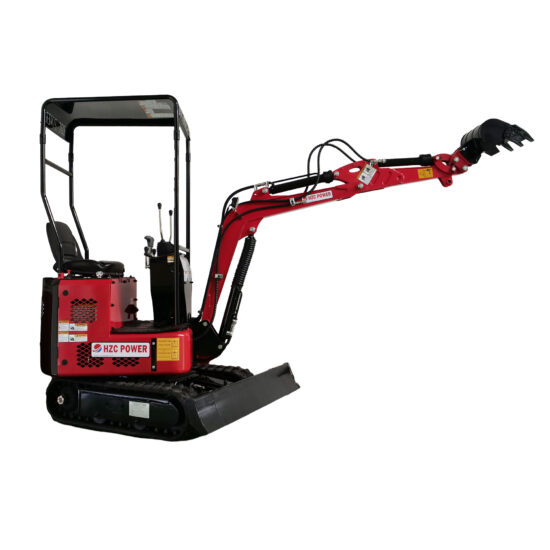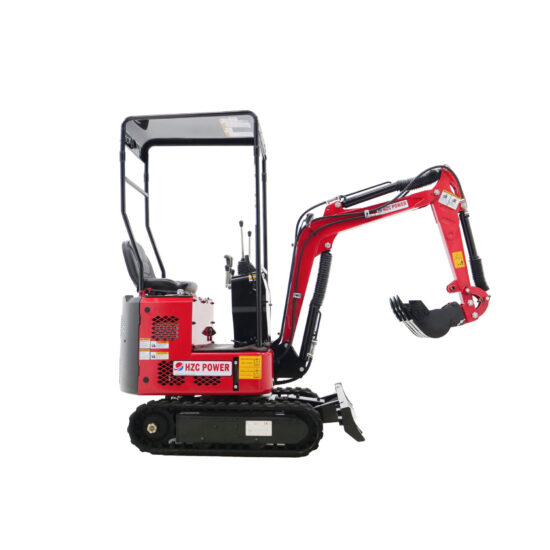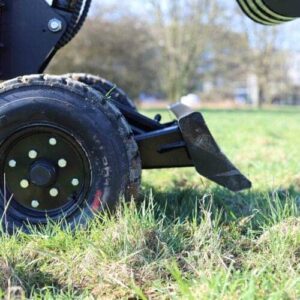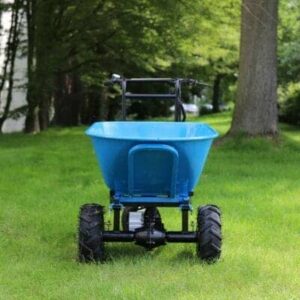Our most popular mini excavators in the range? The DKB881 and BKB851K. Our small all-rounders with pivoting excavator arm. Their only difference? The DKB881 has a diesel engine. The BKB851K has a gasoline engine with radiator. So which one to buy? Which is better diesel or gasoline?
There are a number of factors to consider when answering these questions. The factors range from economic to environmental reasons. There are some differences between the two types. We hope that with this article we can help you choose the most suitable option for you. Are you ready?
If you have ever seen and used diesel and gasoline then you know that the two types of fuel are different. For example, they smell different. Diesel is also heavier and oilier. Because diesel is heavier, it also evaporates much slower than gasoline. And so there are some more differences that you could list.
The advantages and disadvantages of diesel and gasoline
But what influencing factors are important in the mini excavator? How to make a purchase decision. Here are the main differences between a diesel engine and a gasoline engine.
| Diesel engine | Gasoline engine | |
| Consum | lower consumption | Higher consumption |
| Fuel | Diesel (cheap) | Benzin (expensive) |
| Environmental friendliness | Less CO2, but more nitrogen oxides | More CO2, but less nitrogen oxides |
| Ignition | No electricity required | by spark plug |
| Power | Less power with the same displacement | more power with the same displacement |
| Weight | higher weight | less weight |
| Noise | louder | quieter |
| Compression ratio | More (1:14:23) | Less (1:8:10) |
A gasoline engine draws in a mixture of gas and air, compresses it, and ignites it with a spark. A diesel engine simply draws in air, compresses it and then injects fuel into the compressed air. The heat from the compressed air causes the fuel to ignite spontaneously.
Thus, a diesel engine has a much higher compression ratio than a gasoline engine. A gasoline engine compresses at a ratio of 8:1 to 12:1, while a diesel engine compresses at a ratio of 14:1 to 25:1. Higher compression means better efficiency.
The decision
After a rough summary of the differences or advantages and disadvantages, it remains their decision. In general, our gasoline excavators (e.g. the BKB851K) are a bit quieter and a bit lighter, but the diesel fuel is a bit cheaper and the excavator (e.g. the DKB881) is minimally stronger. So ultimately, it’s more a decision based on preference and less on hard facts.

